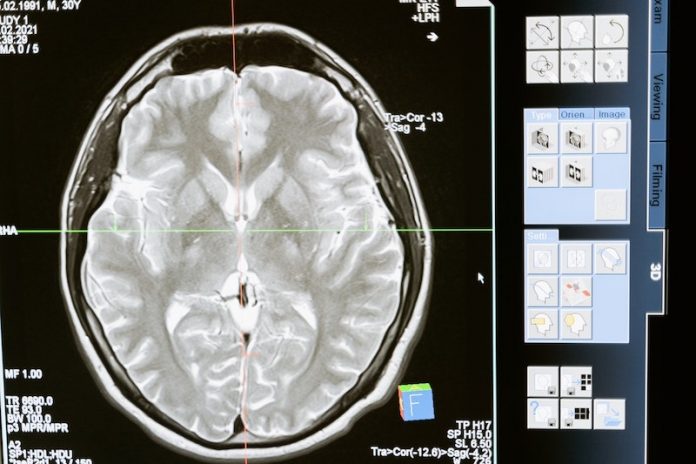
Vascular dementia is caused by conditions that damage the blood vessels in the brain, depriving the brain of oxygen.
It is the second most common form of dementia, after Alzheimer’s disease, affecting almost a third of people over age 70.
Dementia causes a decline in brain function, or cognitive abilities, beyond what is expected from the normal aging process.
Dementia causes problems with memory, thinking, behavior, language skills, and decision making.
How is vascular dementia diagnosed?
To diagnose cognitive impairment and dementia, your healthcare provider may:
Ask about any symptoms you have such as problems carrying out daily activities;
Give you brief memory or thinking tests;
Ask to speak with a relative or friend who knows you well and can answer questions about your daily habits and behavior.
To determine whether vascular dementia is the cause of any cognitive impairment or dementia that you may have, your doctor will consider your medical history and your lifestyle (such as your eating patterns, physical activity level, sleep health, and whether you are or have been a smoker), and order imaging tests.
Diagnosis can take time. This is because it is often difficult to tell whether symptoms are a result of problems with the blood vessels, as is the case with vascular dementia, or whether they are from Alzheimer’s disease.
What causes vascular dementia?
Vascular dementia is caused by conditions that damage the blood vessels in the brain or interfere with proper blood flow and oxygen delivery to the brain.
This oxygen shortage inhibits the brain’s ability to work as well as it should. For example, stroke blocks blood flow to the brain, decreasing oxygen.
However, high blood pressure, high cholesterol, and smoking also increase the risk of vascular dementia. Vascular dementia may happen by itself or with Alzheimer’s disease.
How is it treated?
If your doctor diagnoses you with vascular dementia, your treatment plan may include taking medicine or using medical devices to manage other conditions, such as high blood pressure, atherosclerosis, or sleep apnea, that may cause your vascular dementia to worsen.
Your doctor may also recommend that you adopt heart-healthy lifestyle changes, such as heart-healthy eating, which includes limiting alcohol, getting regular physical activity, aiming for a healthy weight; quitting smoking; and managing stress.
Sign up for our newsletter for more information about this topic.
If you care about dementia risk, please read studies about antibiotic drug that may effectively treat common dementia, and new stem cell therapy to treat dementia.
For more information about brain health, please see recent studies about how to effectively reduce your dementia risk, and results showing a high-fiber diet may reduce your risk of dementia.



